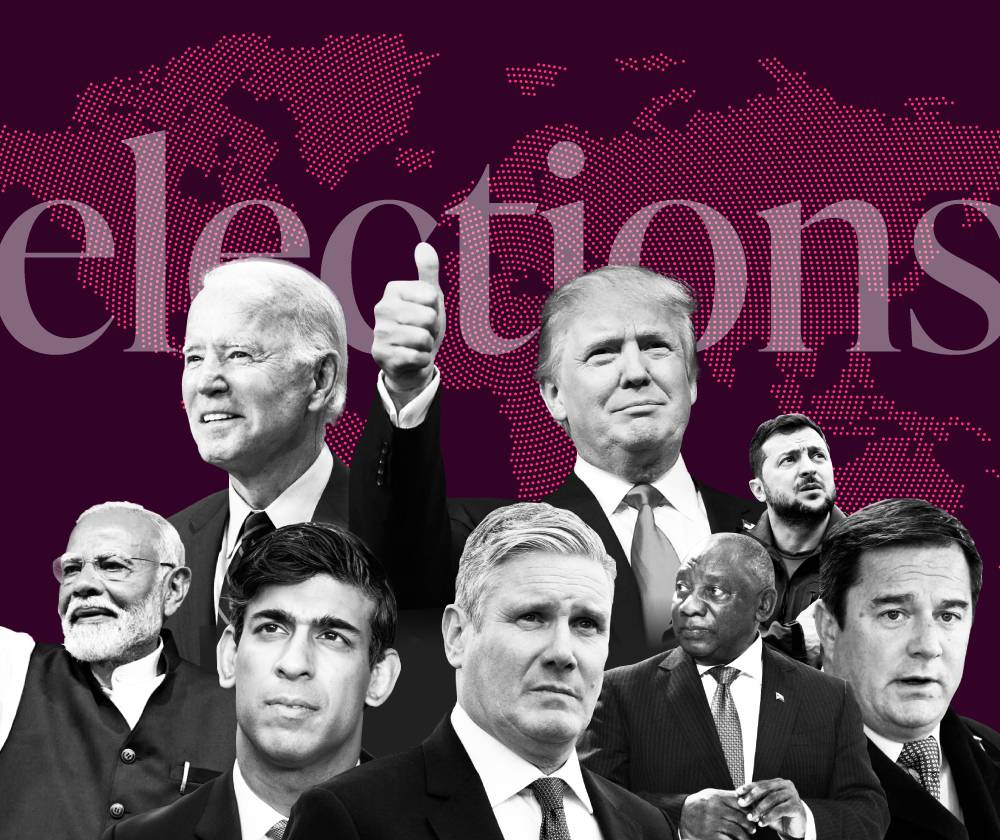With recent developments over the weekend, markets and investors are speculating on a potential sympathy wave that could propel Donald Trump to the presidency. The financial world saw a brief rally on Monday following the assassination attempt on President Trump. However, this initial surge has since subsided as investors turn their focus to other pressing economic indicators and corporate performances.
The second-quarter earnings of major US banks have been a focus of attention. Better-than-expected results from a number of the large US banks have added a layer of optimism to the market. Additionally, Federal Reserve Chair Jerome Powell’s recent speech hinting at a possible rate cut has also contributed positively to investor sentiment.
Wall Street’s expectations for a Trump presidency
As we look towards the Presidential election, Wall Street’s anticipation of a Trump presidency includes several key expectations. Investors are hopeful for tax cuts, deregulation in the oil and gas sector, and a pushback against energy transition and ESG (Environmental, Social, and Governance) investments. Equity markets are likely to view at least some of these moves favourably, given their potential to boost corporate profits..
However, these policies could come with their own set of challenges. Fixed-income investors, in particular, may have reservations. Neither party seems likely to address the growing US budget deficit, and Trump’s proposed policies could expand the deficit further at a time when interest rates are significantly higher than during his previous term. This fiscal landscape could create unease among bond investors..
Trump’s recent comments questioning the independence of the Federal Reserve have also raised concerns. Any formal shift in the balance of power between the Federal Reserve and the Executive Branch, granting the President more influence over monetary policy, could raise concerns among bond investors.
J.D. Vance as Vice-Presidential running mate
Wall Street’s cautious optimism about a Trump presidency is tempered by some scepticism regarding his choice of J.D. Vance as his Vice Presidential running mate. Vance’s calls for greater scrutiny of big businesses and big tech, along with his isolationist stance on foreign policy, present potential uncertainties—notwithstanding his background as a tech investor. Investors are keen to see how these positions will play out on the campaign trail and, if the Republicans win, in policy-making decisions.
A challenge for the Democrats
As we approach the final three months of the campaign trail, significant questions remain about the Democratic Party’s strategy. There is a looming question of how the Democrats will unify under Biden and how the Democratic National Convention will unfold. Additionally, how the Democrats choose to calibrate their criticism of Donald Trump, especially in the wake of the recent attack, will be crucial.
In conclusion, while there is a blend of optimism and caution among investors regarding a potential Trump presidency, the evolving political landscape will likely influence market dynamics. As we await further developments on the campaign trail, the financial world remains watchful, ready to respond to the shifting tides of political and economic events.
Did you miss our latest monthly market update?
Don’t miss our Moneyfarm CIO Richard Flax’s latest views in his monthly market update, focused on earnings, elections and economics, in a year that half the world goes to the polls, for the first-ever time.
*As with all investing, financial instruments involve inherent risks, including loss of capital, market fluctuations and liquidity risk. Past performance is no guarantee of future results. It is important to consider your risk tolerance and investment objectives before proceeding.





